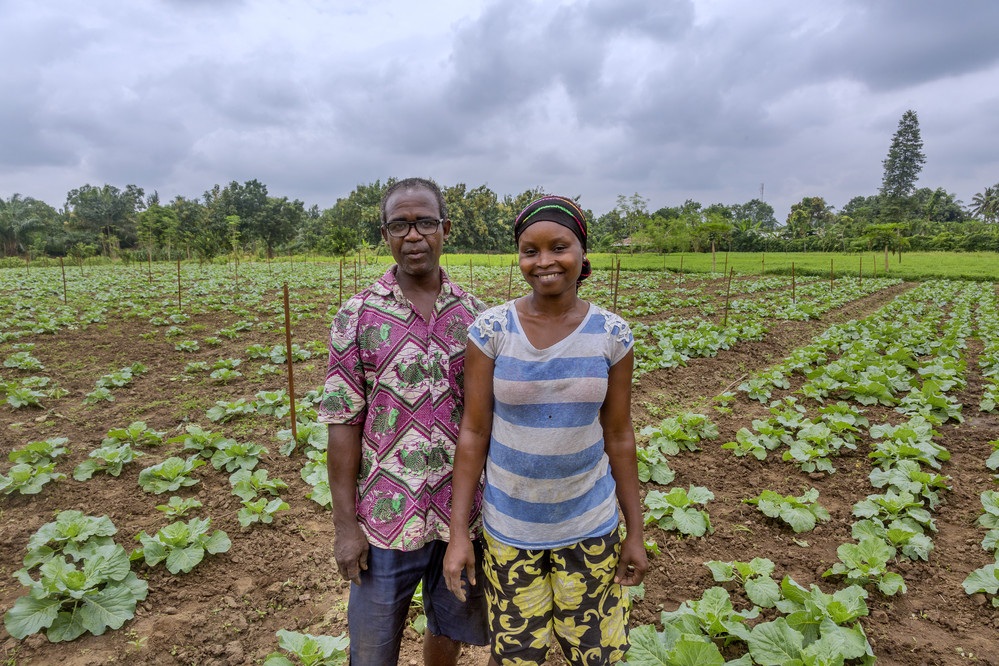In the first-ever joint declaration by foreign affairs and development ministers, G20 countries today recognised the vital role Public Development Banks (PDBs) can play in filling the financing gap to sustainably tackle rural hunger and poverty, and the leadership of the International Fund for Agricultural Development (IFAD) in bringing them together to strengthen their long-term investments in food and agriculture.
The ‘Matera Declaration on Food Security, Nutrition and Food Systems’ adopted today, highlights the need for more finance to be available and accessible to support the transformation to more sustainable food systems. Ministers welcomed the establishment of the IFAD-led working group on Financing Sustainable Food Systems, which brings together PDBs investing in agriculture and food.
“As we confront the challenges of climate change, the COVID pandemic, and projections for increased poverty and hunger we need to step up our commitments to long-term solutions,” said Gilbert F. Houngbo, President of IFAD. “Public Development Banks have the potential to reorient their investments to have a lasting impact on hunger and poverty, and IFAD is committed to continue working with them to build a sustainable future for the two billion rural people who grow so much of our food.”
The Matera Declaration emphasises the fundamental role of PDBs in stimulating more private sector investments to improve food and nutrition security, create jobs, and to increase the productivity, incomes and resilience of small-scale producers.
There are about 450 Public Development Banks around the world, with a volume of activity in all sectors totalling about $2 trillion annually – 10 per cent of the total amount invested globally every year by all public and private sources combined.
It is estimated that transitioning to more sustainable and equitable practices in food systems, significantly improving food security, and eliminating under-nutrition may require US$300 to $350 billion per year until 2030 in targeted investments, but would generate a social and economic return of $5.7 trillion annually.
At last year’s Finance in Common Summit, IFAD convened a meeting of PDBs where they made an historic joint commitment to strengthen investments in food and agriculture to help rural populations recover from COVID-19 impacts and to build their resilience to climate change.
This led to the creation of a working group of PDBs, coordinated by IFAD, who are committed to explore new solutions to catalyse private sector investments to rural areas for green and social impact, including ways to take on more risks and channel more investments to small-scale farmers and rural entrepreneurs.
IFAD will take this forward on 27 July, with a high-level discussion on the role of PDBs in financing food system transformation at the UN Food Systems pre-Summit – a gathering of world leaders, civil society, farmers, indigenous people, youth organizations, consumer groups, the private sector and other key players to take action to transform the world’s food systems and make them more sustainable and equitable.

















